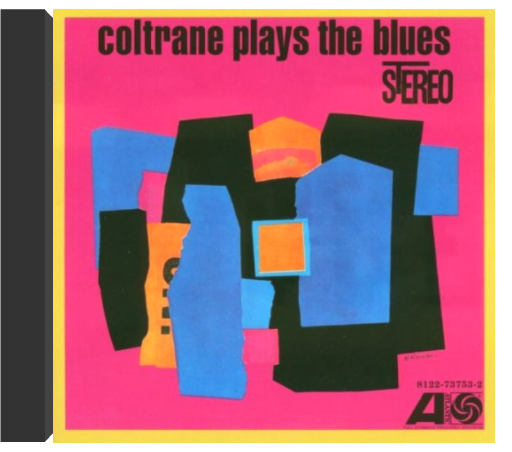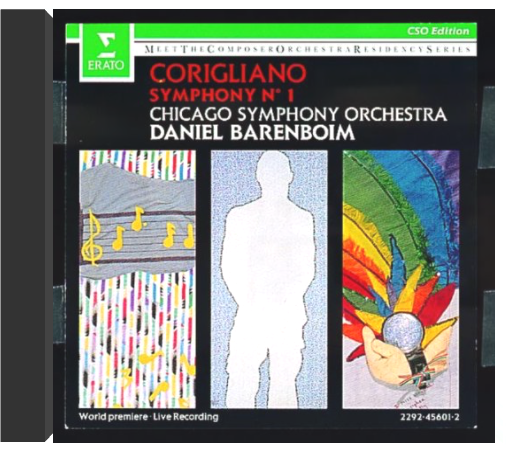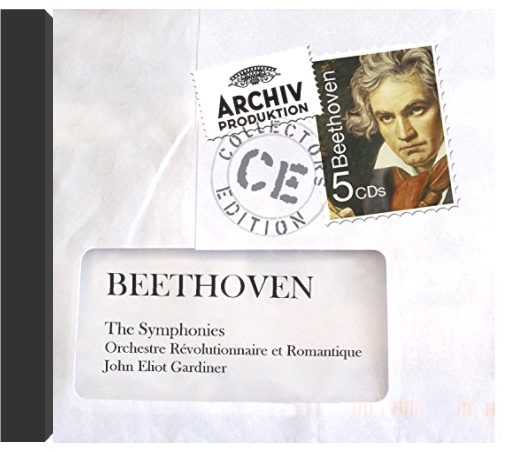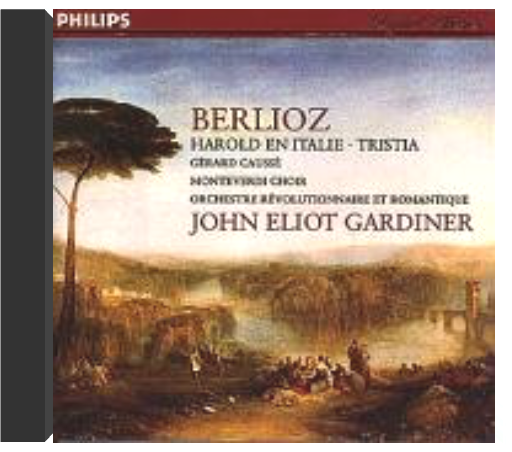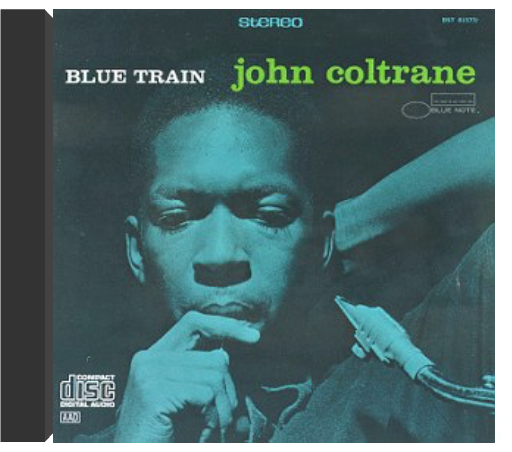 Blue TrainJohn Coltrane Blue TrainJohn Coltrane Limited edition Japanese 24-bit remastered reissue of 1957 album packaged in a limited edition miniature LP sleeve. 5 tracks. Toshiba-EMI. 2003. 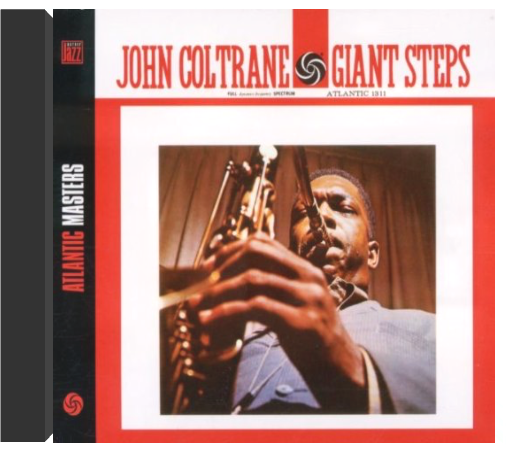 Giant StepsJohn Coltrane Giant StepsJohn Coltrane Limited Edition Japanese pressing of this album comes house in a miniature LP sleeve. 2006. 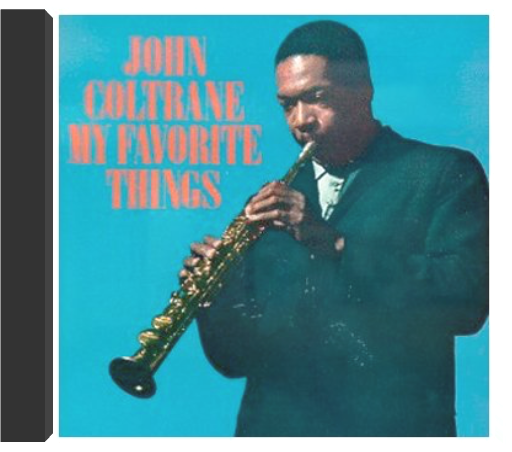 My Favorite ThingsJohn Coltrane My Favorite ThingsJohn Coltrane Track Title. 1 My Favorite Things. 2 Everytime We Say Goodbye. 3 Summertime. 4 But Not For Me. Although seemingly impossible to comprehend, this landmark jazz date made in 1960 was recorded in less than three days. All the more remarkable is that the same sessions which yielded My Favorite Things would also inform a majority of the albums Coltrane Plays the Blues, Coltrane's Sound, and Coltrane Legacy. It is easy to understand the appeal that these sides continue to hold. The unforced, practically casual soloing styles of the assembled quartet — which includes Coltrane (soprano/tenor sax), McCoy Tyner (piano), Steve Davis (bass), and Elvin Jones (drums) — allow for tastefully executed passages la the Miles Davis Quintet, a trait Coltrane no doubt honed during his tenure in that band. Each track of this album is a joy to revisit. The ultimate listenability may reside in this quartet's capacity to not be overwhelmed by the soloist. Likewise, they are able to push the grooves along surreptitiously and unfettered. For instance, the support that the trio — most notably Tyner — gives to Coltrane on the title track winds the melody in and around itself. However, instead of becoming entangled and directionless, these musical sidebars simultaneously define the direction the song is taking. As a soloist, the definitive soprano sax runs during the Cole Porter standard "Everytime We Say Goodbye" and tenor solos on "But Not for Me" easily establish Coltrane as a pioneer of both instruments. ~ Lindsay Planer, All Music Guide. 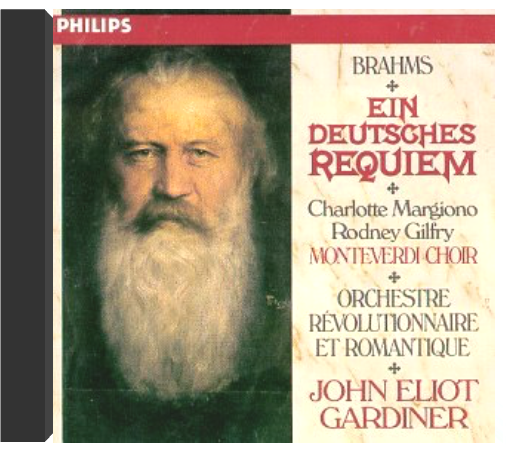 Brahms: Ein deutsches Requiem Op.45John Eliot Gardiner Brahms: Ein deutsches Requiem Op.45John Eliot Gardiner Musical settings of the Requiem understandably encompass a vast expressive gamut, from Mozart's fear and trembling to the seraphic gentleness of Fauré. But the focus in Brahms's German Requiem—his first large-scale work—is not so much on the departed as on those left behind and the work of memory. In lieu of the traditional Latin liturgy, Brahms uses texts culled from the Lutheran Bible that range from despair at our mortal condition to the solace offered by faith. John Elliott Gardiner and his forces here attempt to replicate the orchestral sound and style of Brahms's own time, using period bowing practices for the strings and mellow Viennese horns, to cite a few examples. The result is a magnificent and deeply moving performance that features excellent integration of the orchestra and chorus. Gardiner molds a huge crescendo of imposing terror in the funereal march of the second movement but always keeps the textures clear and balanced. He manages to convey both the symphonic scope of this work and its polyphonic imagination—Brahms looked back to Baroque as well as Renaissance sources and in the process created a rich and potent new style. Charlotte Margiono's rosy soprano is angelic but at the same time tinged with a sense of longing for what has been lost—which makes the musical consolation offered by the end of the seventh movement all the more profound. Baritone Rodney Gilfry brings warmth and passionate phrasing to his solos. And presiding over everything is Gardiner's masterful sense of the work's larger structure: the path traced by Brahms is revealed with great dignity but is free of sentimentality. This recording belongs in any basic collection. —Thomas May 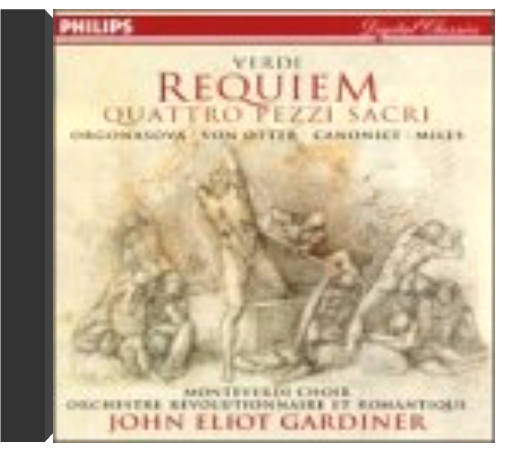 Verdi: Requiem / Quattro Pezzi SacriJohn Eliot Gardiner, L'Orchestre Revolutionnaire et Romantique Verdi: Requiem / Quattro Pezzi SacriJohn Eliot Gardiner, L'Orchestre Revolutionnaire et Romantique This religious masterpiece, composed in memory of the great Italian novelist Alessandro Manzoni (1785-1873), has themes even more cosmic than any in Verdi's other operas: life and death, heaven and hell, the Christian vision of humanity's redemption, the end of the world, and the last judgment. Verdi's music rises to the tremendous demands of this subject matter; it is music of grandeur, guilt, terror, and consolation, with a breadth of vision and an intensity of feeling unique in the composer's work and in religious music. John Eliot Gardiner's is the first recording made with period instruments, a kind of performance that some musiclovers still dismiss as dilettantism, more concerned with musicological correctness than feeling and communication. Gardiner's powerful performance blows such objections away, and this recording takes a rightful place alongside the best modern instrument versions. —Joe McLellan 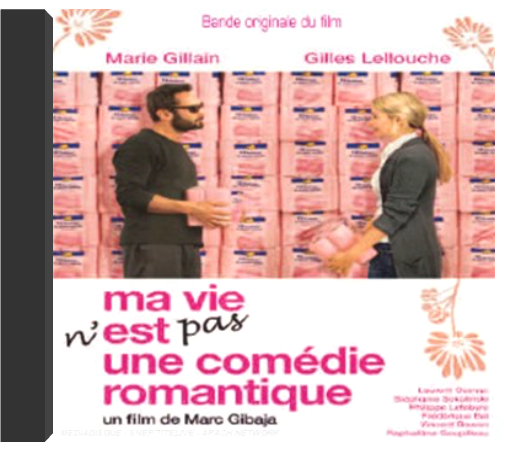 Ma Vie N'Est Pas Une Comédie RomantiqueJohn Greaves, John Greaves/Jeanne Added, Marie Gillain/John Greaves, Multi-Artistes Ma Vie N'Est Pas Une Comédie RomantiqueJohn Greaves, John Greaves/Jeanne Added, Marie Gillain/John Greaves, Multi-Artistes MA VIE N'EST PAS UNE COMÉDIE ROMANTIQUE (BOF) 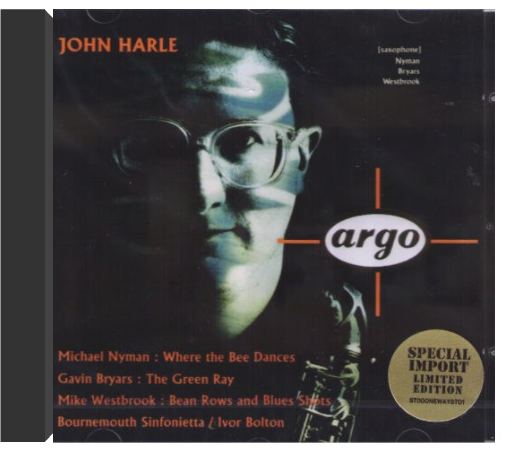 Saxophone Works: Nyman: Where the Bee Dances / Bryars: The Green Ray / Westbrook: Bean Rows and Blues Shots/ Bournemouth SinforniettaJohn Harle Saxophone Works: Nyman: Where the Bee Dances / Bryars: The Green Ray / Westbrook: Bean Rows and Blues Shots/ Bournemouth SinforniettaJohn Harle 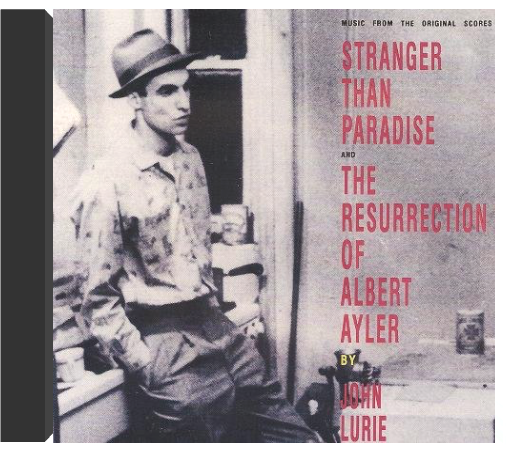 Stranger Than Paradise / Albert AylerJohn Lurie Stranger Than Paradise / Albert AylerJohn Lurie Track listing (tracks 1-8 from the film Stranger Than Paradise; track 9 from The Elizabethan Phrasing of Albert Ayler, a dance performance by Karole Armitage): (1) Bella By Barlight (3:17); (2) Car Cleveland (3:08); (3) Sad Trees (0:55); (4) The Lampposts Are Mine (1:45); (5) Car Florida (3:00); (6) Eva & Willies Room (0:36)/Beer for Boys (0:19)/Eva Packing (0:59); (7) The Good and Happy Army (3:11); (8) A Woman Can Take You to Another Universe; Sometimes She Just Leaves You There (1:20); (9) Sixties Avant-Garde/Sex with Monster/You Owe Me Money/Resurrection (16:19). |
 Made with Delicious Library
Made with Delicious Library

